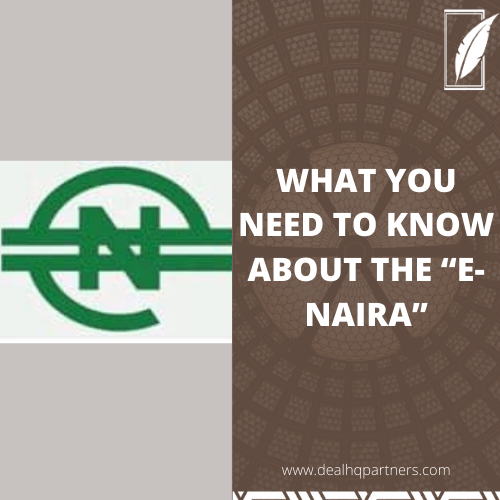
WHAT YOU NEED TO KNOW ABOUT THE “E-NAIRA”
Submariner. There is no denying that fake Rolex Submariner are a true testament to luxury and craftsmanship.
Learn more about this replica watch website. You can find British Swiss luxury replica watches here.
Browse through the range of scrumptious fake breitling watches available on our website.
In response to the global rise in the use of digital payment solutions and the cryptocurrency market, the Central Bank of Nigeria (“CBN”) has created the eNaira, in a project termed “Project Giant”, which will be launched on 1st October 2021. In furtherance of this, the CBN engaged a global fintech firm Bitt Inc, as the technical partner for the development of the digital currency. The rationale behind the eNaira is to promote and facilitate the cashless culture amongst Nigerians while keeping up with contemporary economies of the world and maintaining the value of the Nigerian currency/foreign reserve. The eNaira is expected to aid financial inclusion, improve payment efficiency, improve revenue and tax collection, and aid targeted social interventions.It is noteworthy that various central banks worldwide are currently developing and issuing their central bank digital currency (CBDC). Some of these countries include China (digital yuan), Ghana (eCedi), Tunisia (eDinar) Senegal (eCfa), Tunisia (Petra), Dubai (emCash) amongst others.
CBDCS AND CRYPTOCURRENCIES
Although a digital currency, the eNaira is different from other cryptocurrencies using blockchain technology, such as Bitcoin and Ethereum, in that it is issued and regulated by a sovereign authority. The eNaira users will not be anonymous, i.e., the users will undergo an onboarding exercise and will provide identifying information such as BVN or NIN, as the case may be. The personal account details and transaction activity of every user of the eNaira system will be monitored by the CBN.
In addition, the eNaira is fiat currency and is not subject to the volatility associated with the digital currency market; the value of the eNaira will be at par with the value of the Naira and will be subject to the appreciation and devaluation of the Naira currency.
E-NAIRA DESIGN FEATURES
In a bid to set out the eNaira as distinct, the CBN introduced certain features in the eNaira Design, these features include:
- It is a legal tender;
- It is subject to parity of value, which is pegged to the value of Naira;
- It operates on a tiered structure for consumers;
- It operates with an account-based wallet;
- It possesses a transaction limit for customers, determined by their applicable tier;
- It maintains a tiered AML/KYC approach (NIN, BVN as unique identifiers);
- It is a non-Interest bearing CBDC;
- It ensures settlement finality; and
- It is value-based.
HOW WILL E-NAIRA OPERATE
As the eNaira is an electronic currency, consumers will be required to download the electronic wallet and get onboarded into the system through an invitation link received from their financial institution. Once the process has been successfully completed, users will be able to commence electronic financial transactions with the eNaira. Users can fund their eNaira wallet through their financial institution.
E-NAIRA PARTICIPANTS
There are several stakeholders involved in the operation of the eNaira model which take on the following roles:
- Monetary Authority (CBN): The CBN has the sole responsibility to mint, issue, distribute, redeem, destroy the eNaira and act as digital currency manager by executing and managing digital currency transactions. It will also manage the storage of transaction data on the Hyperledger Fabric Blockchain, the blockchain ledger the eNaira will operate on.
- Financial Institutions: Financial Institutions facilitate the participation of end users in the eNaira technology. They serve digital currency managers by carrying out the following roles:
- Requesting eNaira from the CBN and issuing to users;
- Managing digital currency across branches;
- Conducting Know-Your-Customer (KYC) activities;
- Conducting identity and Anti- Money Laundering (AML) compliance activities.
- Government/ Government Agencies: The government and relevant government agencies are end-users of the eNaira technology and may use the platform for the following purposes:
- Processing out going payments such as salaries and interventions; and
- Receiving incoming payments from consumers.
- Businesses and Merchants: Merchants and business will use the eNaira technology to process potentially swifter and lower cost payments from consumers. The eNaira will support payment options such as POS, remote pay and other online payment capabilities.
- Consumer (Banked and Unbanked Consumer): Individual consumers whether having a bank account or not are allowed to engage in several transactions involving other consumers or directly with financial institutions using the eNaira. They will be able to send and receive eNaira in their eNaira wallets and also process payments.
THE E-NAIRA WALLET
In a bid to safeguard the eNaira and for convenience, a special feature is being introduced, which is the eNaira wallet, a virtual enclosure where every consumer or user of the eNaira platform can comfortably track and manage available eNaira funds. It is expected that there will be no service charge for wallet-to-wallet transactions.
It is important to note that the licensed Financial Institutions shall be responsible for providing their customers with their eNaira Wallets.
PAYMENT FEATURES
Users will be able to engage in a number of payment transactions with the eNaira, including:
- E-Naira wallet to eNaira wallet payments;
- E-naira wallet to bank account payments;
- Bank account to eNaira wallet payments;
- User E-naira wallet to Ministry, Departments and Agency (MDA) eNaira wallet payments;
- MDA eNaira wallet to user eNaira wallet payments;
- E-Naira to cash conversion;
- cash to eNaira conversions;
- FX to eNaira conversion (through the Central Bank); and
- FX to eNaira Wallet payment (through International Monet Transfer Operators).
ON-BOARDING A CONSUMER ON THE E-NAIRA SERVICE
As a way of popularizing the eNaira initiative within the Nigerian citizenry, the several financial institutions, particularly banks, are directed to encourage the participation of their customers in the eNaira service and send out invitation codes to verified and validated customers. This makes the process easier as customers with already generated codes have a rather seamless onboarding.
RETENTION OF E-SETTLEMENT SYSTEMS
Under the eNaira system, existing infrastructure for electronic settlement systems such as the NIBSS and other switching platforms will be retained and integrated into the implementation of the eNaira.
CONCLUSION
Although the eNaira project is novel and still budding, it is interestingly one project that appears promising especially for the Nigerian economy. There are a number of obvious challenges to its widespread acceptance such as the high rate of technology illiteracy amongst the citizenry, the unrestrained monitoring of transaction activities in the eNaira system, which almost defeats the point of digital currency as is widely accepted, and lack of access by users to the ledger records. There are however some positives. Other than ensuring potentially swifter and cheaper payments, the eNaira provides relative value stability (subject always to the inflationary nature of the Naira), will be an officially accepted legal tender, and possesses an anti-fraud management system for the protection of users.
HOW TO GET STARTED
Do you need to know more about the eNaira? Our Technovation team is available to support you. You may contact our team on: Email: info@dealhqpartners.com Telephone: +234 1 4536427 or +234 9087107575



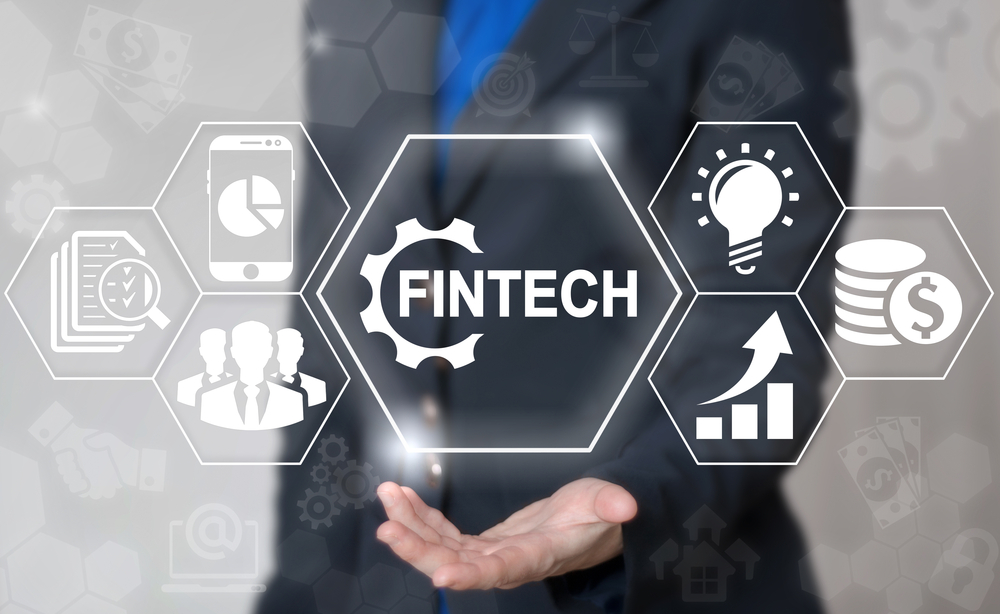


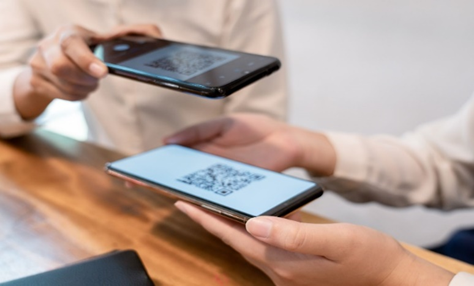


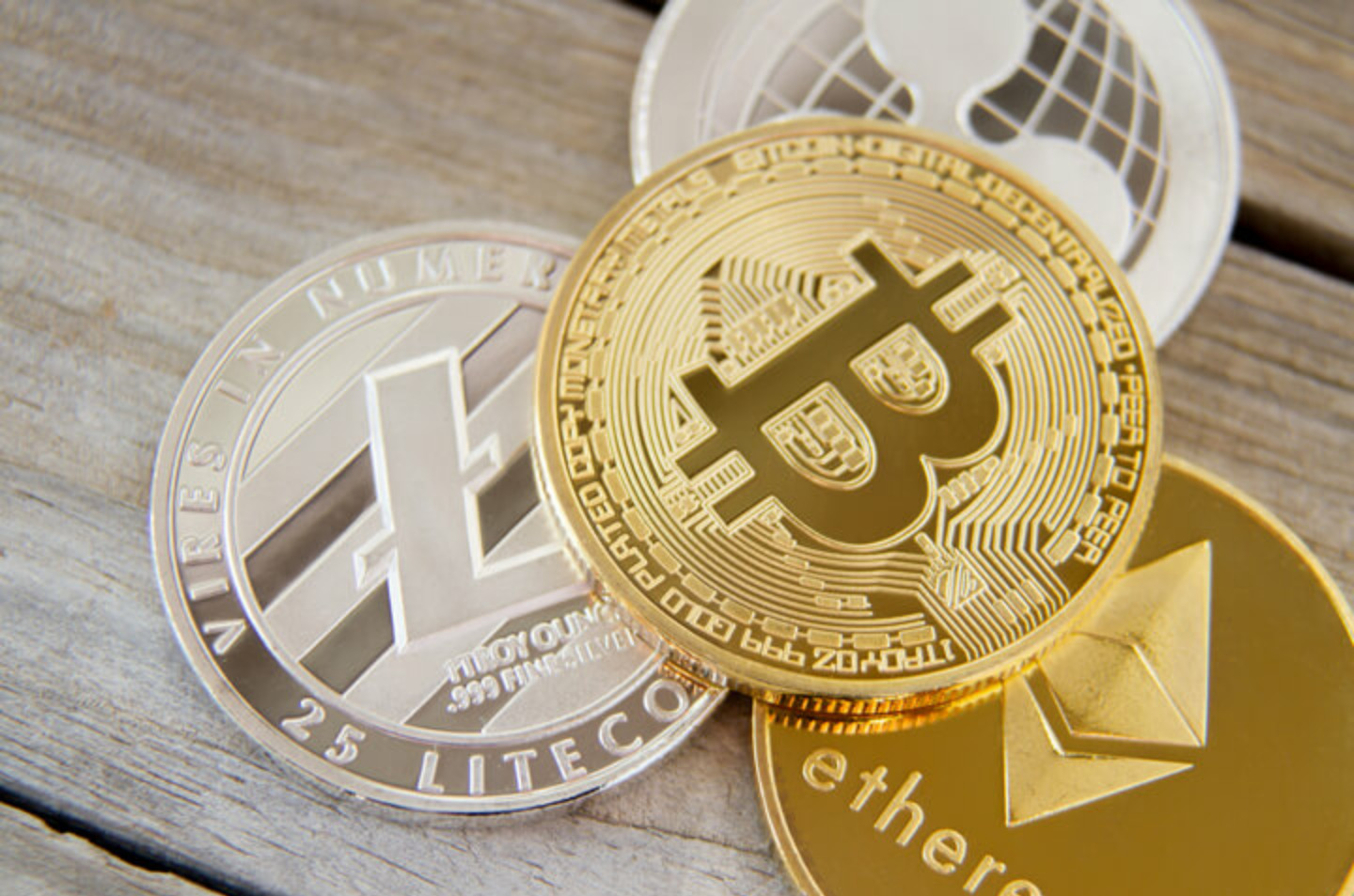

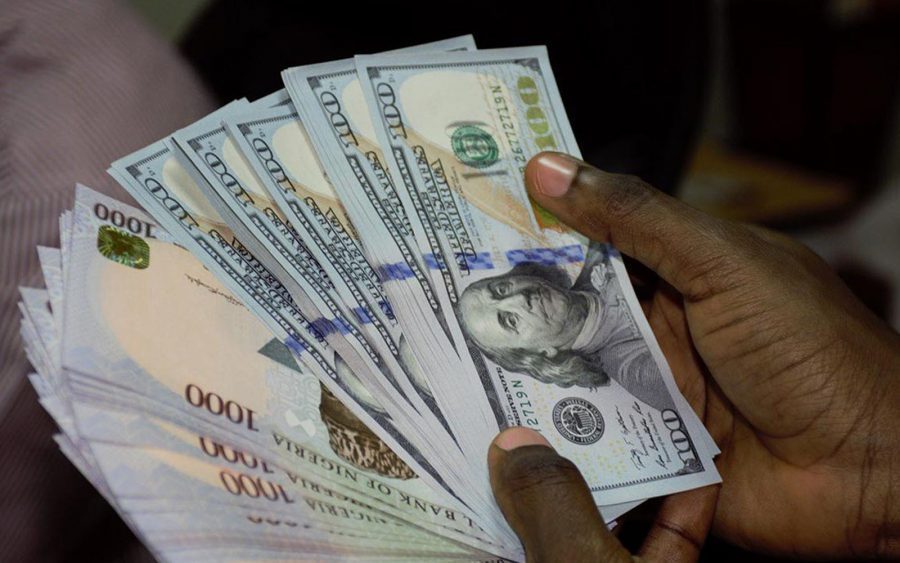

Recent Comments